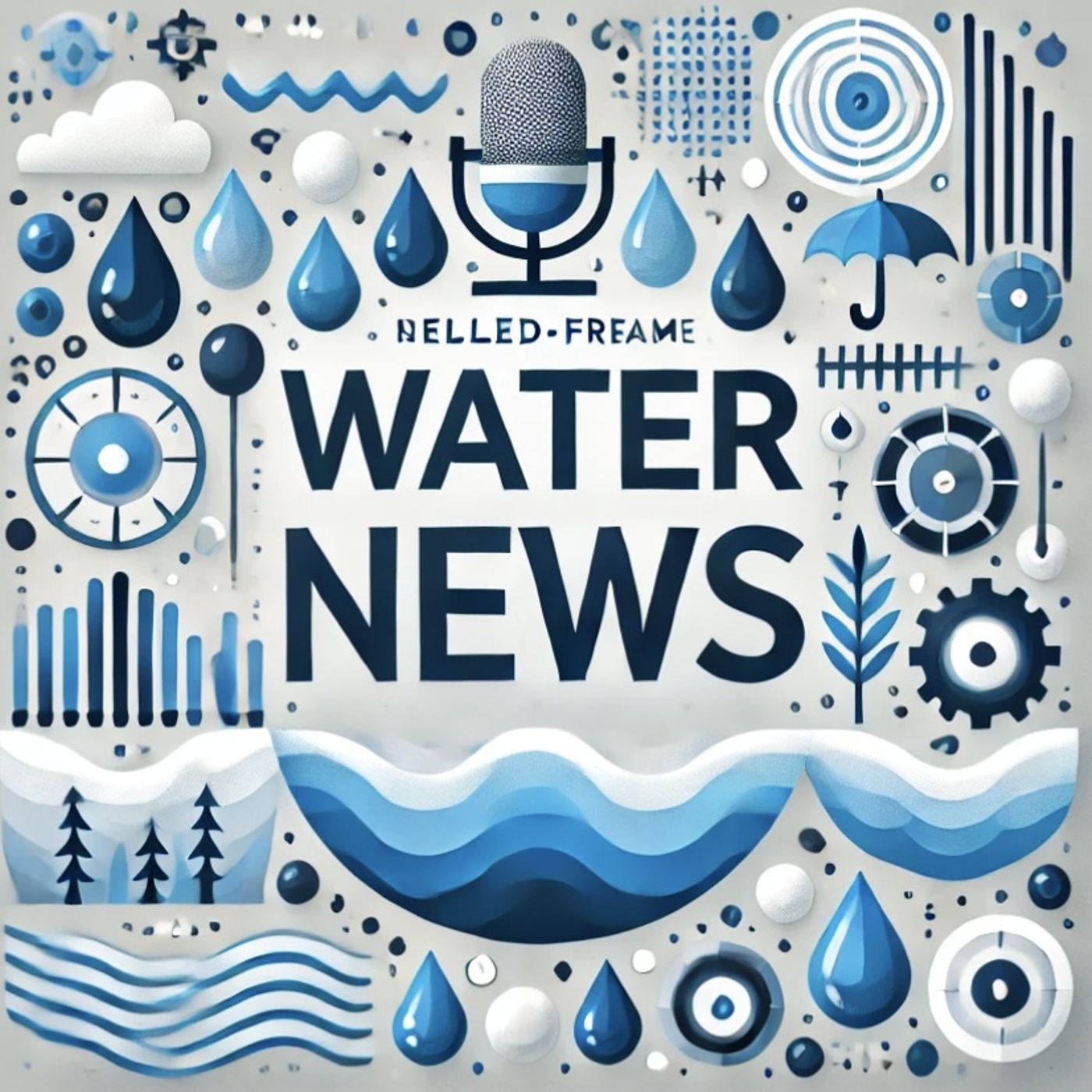Jan 12 2025 3 mins
The Kansas Water Science Center is set to present a compelling Science Seminar Series in January 2025, focusing on a critical issue: the sustainability of groundwater resources in the Northern High Plains Aquifer, specifically in central Nebraska. This seminar will delve into the intricacies of an integrated hydrologic model designed to evaluate the impact of various conservation practices and programs on this vital aquifer system.
The Northern High Plains Aquifer is a crucial water source that supports agriculture, industry, and communities across several states, including Nebraska. However, it has been under increasing pressure due to extensive water withdrawals, primarily for irrigation purposes, exacerbated by climate change and inconsistent rainfall patterns. Consequently, there's an urgent need for effective conservation strategies to ensure the long-term viability of these groundwater resources.
This seminar will highlight a sophisticated hydrologic model that integrates various factors affecting the aquifer's health. The model incorporates surface and subsurface hydrologic processes, land use patterns, climatic conditions, and human activities, providing a comprehensive understanding of how different conservation efforts can influence groundwater levels and quality. By simulating various scenarios, this model allows researchers and policymakers to assess the potential outcomes of different conservation practices.
Several conservation strategies will be examined during the series, including improved irrigation techniques, crop rotation, cover cropping, and the establishment of buffer zones. Each of these practices has the potential to reduce water usage and enhance the aquifer's recharge rates. For instance, adopting precision irrigation can minimize water waste, while no-till farming practices can increase soil moisture retention and decrease runoff.
In addition to individual practices, comprehensive conservation programs will also be evaluated. These programs often involve collaborations between state agencies, local water management districts, and farmers, aiming to implement community-wide changes that promote sustainable water use. The seminar will explore successful case studies where integrated efforts have led to measurable improvements in groundwater sustainability.
Moreover, the seminar will address the socio-economic implications of implementing these conservation strategies. While some practices may require substantial upfront investment, the long-term benefits in terms of water security, agricultural productivity, and ecological health can outweigh the costs. Engaging stakeholders across different sectors and ensuring their commitment to environmental stewardship will be crucial for the successful implementation of these conservation measures.
Through this seminar, the Kansas Water Science Center aims to foster an in-depth discussion among scientists, policymakers, farmers, and community leaders. By sharing knowledge and insights gained from this integrated hydrologic model, the series seeks to empower stakeholders with the tools and information needed to make informed decisions that safeguard the Northern High Plains Aquifer for future generations.
Overall, the Science Seminar Series promises to be an enlightening and essential platform for addressing the challenges facing one of the nation's most valuable groundwater resources. By focusing on innovative models and effective conservation practices, it underscores the importance of proactive measures in securing water sustainability in central Nebraska and beyond.
The Northern High Plains Aquifer is a crucial water source that supports agriculture, industry, and communities across several states, including Nebraska. However, it has been under increasing pressure due to extensive water withdrawals, primarily for irrigation purposes, exacerbated by climate change and inconsistent rainfall patterns. Consequently, there's an urgent need for effective conservation strategies to ensure the long-term viability of these groundwater resources.
This seminar will highlight a sophisticated hydrologic model that integrates various factors affecting the aquifer's health. The model incorporates surface and subsurface hydrologic processes, land use patterns, climatic conditions, and human activities, providing a comprehensive understanding of how different conservation efforts can influence groundwater levels and quality. By simulating various scenarios, this model allows researchers and policymakers to assess the potential outcomes of different conservation practices.
Several conservation strategies will be examined during the series, including improved irrigation techniques, crop rotation, cover cropping, and the establishment of buffer zones. Each of these practices has the potential to reduce water usage and enhance the aquifer's recharge rates. For instance, adopting precision irrigation can minimize water waste, while no-till farming practices can increase soil moisture retention and decrease runoff.
In addition to individual practices, comprehensive conservation programs will also be evaluated. These programs often involve collaborations between state agencies, local water management districts, and farmers, aiming to implement community-wide changes that promote sustainable water use. The seminar will explore successful case studies where integrated efforts have led to measurable improvements in groundwater sustainability.
Moreover, the seminar will address the socio-economic implications of implementing these conservation strategies. While some practices may require substantial upfront investment, the long-term benefits in terms of water security, agricultural productivity, and ecological health can outweigh the costs. Engaging stakeholders across different sectors and ensuring their commitment to environmental stewardship will be crucial for the successful implementation of these conservation measures.
Through this seminar, the Kansas Water Science Center aims to foster an in-depth discussion among scientists, policymakers, farmers, and community leaders. By sharing knowledge and insights gained from this integrated hydrologic model, the series seeks to empower stakeholders with the tools and information needed to make informed decisions that safeguard the Northern High Plains Aquifer for future generations.
Overall, the Science Seminar Series promises to be an enlightening and essential platform for addressing the challenges facing one of the nation's most valuable groundwater resources. By focusing on innovative models and effective conservation practices, it underscores the importance of proactive measures in securing water sustainability in central Nebraska and beyond.
